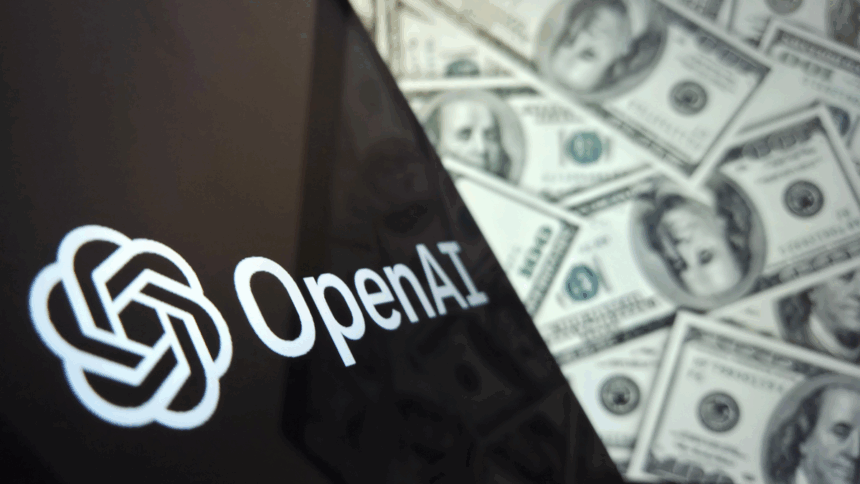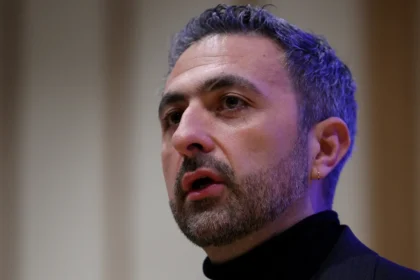OpenAI — the company behind ChatGPT — is reportedly making early preparations for an initial public offering (IPO) that could value it at around $1 trillion, a move that would make it one of the most valuable public listings ever recorded.
Just a year ago, in October 2025, OpenAI had already earned the title of the world’s most valuable startup, following a private share sale that valued the company at approximately $500 billion. If this new valuation holds, it would place OpenAI ahead of major global corporations such as Walmart ($815 billion), Oracle ($732 billion), and Samsung ($474 billion).
IPO Plans Taking Shape
According to The Guardian, OpenAI’s leadership, headed by CEO Sam Altman, is exploring the possibility of filing for an IPO in the second half of 2026, although internal discussions suggest the company might wait until 2027.
Sarah Friar, OpenAI’s Chief Financial Officer, reportedly told employees that the preferred timeline could extend into the following year to allow more time for financial preparation and market stability.
OpenAI is reportedly targeting a capital raise of at least $60 billion through the offering, which would help fund its ambitious plans to scale up its infrastructure for artificial intelligence models.
Altman has previously emphasised the company’s need for massive investments to expand data centres and computing capacity, describing the IPO as the “most likely path” to secure the necessary capital.
However, despite the increasing speculation, an OpenAI spokesperson told reporters that the company is not currently focused on an IPO and has no fixed date for going public.
Strategic Restructuring Before Going Public
The reports come shortly after OpenAI completed a significant corporate restructuring, signalling a shift toward a more traditional business model.
Earlier this week, the company restructured its primary operating unit into a for-profit corporation known as OpenAI Group PBC. While the nonprofit parent organisation still technically retains control, this transition was a crucial step toward enabling large-scale investment and greater financial flexibility — both of which are necessary for a future public listing.
This new structure allows OpenAI to attract more investors and allocate capital efficiently as it continues to develop its next-generation AI language models, including the successors to GPT-5 and beyond.
If OpenAI moves forward with the IPO and achieves the projected $1 trillion valuation, it would mark one of the largest and most influential listings in tech history, rivalling landmark IPOs from companies like Apple, Amazon, and Google.
The listing would not only cement OpenAI’s position as a dominant force in artificial intelligence but also reinforce how rapidly the sector has grown into one of the world’s most valuable industries.
For now, investors and analysts alike are watching closely. While the timeline remains fluid, one thing is clear: OpenAI’s ambitions extend far beyond AI software — it aims to reshape the technological and financial landscape itself.










